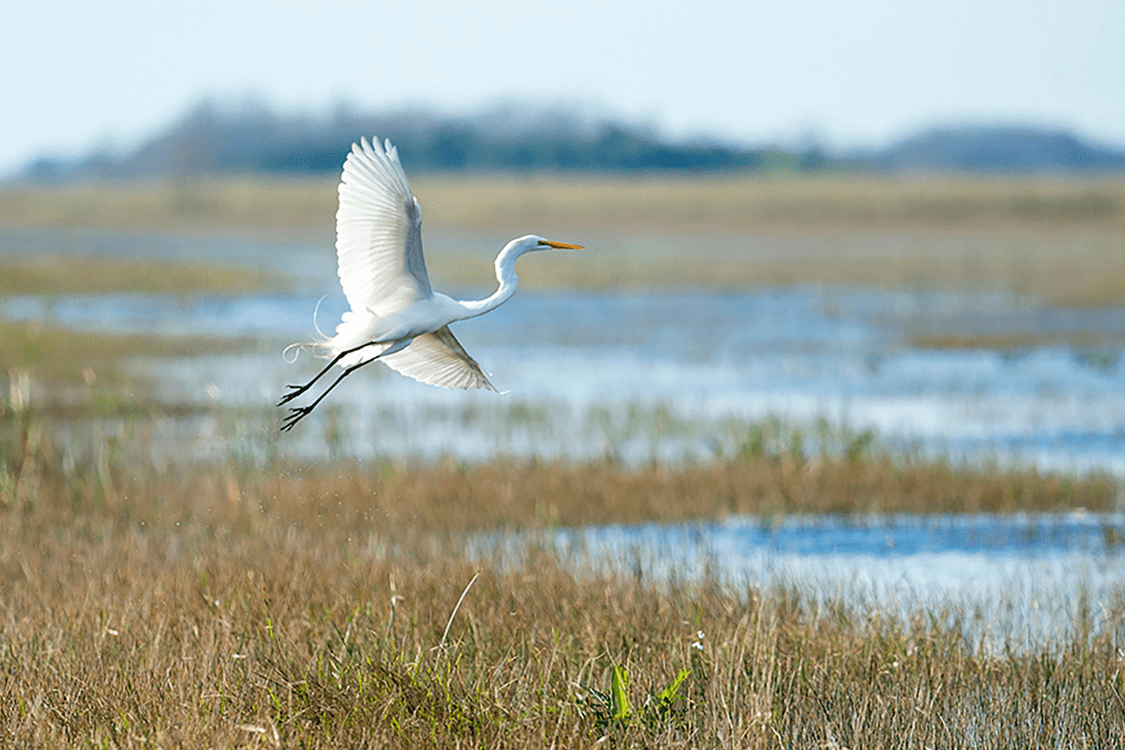Climate action essential reading: 25 books every communicator should read

Celebrating two decades of climate action storytelling at Greenhouse
This year marks 20 years since Greenhouse Communications was founded – and while the climate has changed dramatically, so too has the way we tell its story.
Back in 2004, climate was still relatively viewed as a niche concern. Few could have imagined a world where climate action would shape global business strategy and where terms like biodiversity, net zero and just transition would become part of everyday language. But thanks to scientists, policymakers, campaigners and citizen storytellers, the landscape has transformed.
At Greenhouse, we’ve spent two decades delivering strategic communications that help shape climate policy, mobilise capital, and inspire action—from boardrooms to classrooms. From clean energy to green finance, nature protection to climate education, we’ve worked across the full spectrum of climate solutions.
Along the way, we’ve learned what works – and what doesn’t – when it comes to communicating climate change with impact.
Why essential reading around climate matters
To celebrate our 20th anniversary, we’ve curated a guide to climate action essential reading – a definitive list of 25 books and resources (2005-2025) that have shaped how we think, communicate and act on climate. These are resources every communicator, campaigner, and changemaker should know about and read.
Whether you’re working in sustainable PR, climate storytelling, or corporate sustainability, these essential reads offer powerful insights into the science, psychology, strategy and soul of climate communication. They have helped shape our thinking, informed big global conversations and continue to support emerging cultural shifts happening across the world.
A reading timeline: 20 years of essential resources for climate communicators
2005: The Weather Makers – Tim Flannery
An urgent and accessible primer that connected scientific warnings to everyday choices, Flannery’s work awakened global audiences to the scale and immediacy of the crisis, laying the groundwork for wider public engagement.
2006: An Inconvenient Truth – Al Gore
This groundbreaking film and companion book brought climate change into mainstream consciousness, combining personal narrative with compelling data and helping to start worldwide movements, policy shifts and public debate.
2008: How Bad Are Bananas? The Carbon Footprint of Everything – Mike Berners-Lee
An informative, data-driven guide that demystifies carbon footprints – from a banana to a transatlantic flight – helping readers make informed, everyday climate decisions grounded in science, not guilt.
2011: Requiem for a Species – Clive Hamilton
A bold and sobering analysis of political inertia and psychological denial, Hamilton critiques the forces preventing action, challenging readers to confront the deeper cultural roots of inaction.
2012: The Future We Choose – Christiana Figueres and Tom Rivett-Carnac
A hopeful yet uncompromising vision from two architects of the Paris Agreement, outlining two stark paths – despair or possibility – and the choices we must make to build a liveable future.
2013: The World We Made – Jonathan Porritt
Through the voice of a teacher in 2050, this imaginative retrospective charts the radical shifts – technological, cultural, and political – that turned crisis into transformation, inspiring action through a lens of hope.
2013: Overheated: The Human Cost of Climate Change – Andrew T. Guzman
An economist’s lens on the social and human toll of warming – focusing not on polar bears, but on hunger, migration and conflict. A vital reminder that climate change is a justice issue.
2014: Don’t Even Think About It: Why Our Brains Are Wired to Ignore Climate Change – George Marshall
Delving into cognitive dissonance, group identity, and messaging, Marshall explores why people reject climate science – and how communicators can speak across ideological divides.
2015: This Changes Everything: Capitalism vs. The Climate – Naomi Klein
Klein argues that the climate crisis is inseparable from our economic system and that only transformative change – not incrementalism – can meet the moment. A manifesto for radical action.
2016: The Great Derangement – Amitav Ghosh
Ghosh confronts literature’s silence on climate, arguing that imagination, art and storytelling are essential to grasping – and responding to – the planetary crisis unfolding before us.
2017: Drawdown – Edited by Paul Hawken
An authoritative, solutions-oriented compendium of scalable strategies – from renewable energy to agroecology – offering a roadmap to not just halt, but reverse global warming.
2017: Doughnut Economics – Kate Raworth
A new economic model for the 21st century, balancing planetary limits with human needs. Essential for communicators making the case for systemic transformation and climate justice.
2018: Climate Justice – Mary Robinson
Through real stories from the frontlines, Robinson centres human dignity and fairness in climate action, amplifying voices often excluded from policy rooms and global debates.
2019: How Change Happens – Cass R. Sunstein
A sharp analysis of how norms shift and movements build – vital reading for communicators seeking to leverage behavioural science and social cascades to accelerate action.
2020: All We Can Save – Edited by Ayana Elizabeth Johnson and Katharine K. Wilkinson
This rich anthology showcases the leadership of women in the climate movement, blending science, poetry and storytelling to foster a more compassionate and inclusive climate narrative.
2021: Influence: The Psychology of Persuasion – Robert B. Cialdini
With insights adapted for digital media and misinformation, this revised classic equips communicators to craft persuasive, ethical messaging that motivates change without manipulation.
2021 Breaking Boundaries – Johan Rockström and Owen Gaffney
On the brink of a critical moment in human history, this book presented a vision of “planetary stewardship” and a rethinking of our relationship with our planet. It provides a powerful tool to help navigate and plot a new course for our future.
2023: Behavioural Science Can Make Your Climate Action Plans More Effective – Behavioural Insights Team
Grounded in real-world applications, this guide turns behavioural theory into practical tools to shift behaviours, design interventions, and sustain climate engagement beyond awareness campaigns.
2024: Climate and Migration: A User’s Guide – Climate Outreach
A nuanced resource exploring the narratives and justice dimensions of climate-linked displacement – vital for communicators navigating intersectional challenges with empathy and accuracy.
2024: It’s Not That Radical: Climate Action to Transform Our World – Mikaela Loach
A powerful intersectional manifesto linking climate justice to racial, economic and migrant rights – inviting readers to reimagine activism as community-rooted, joyful resistance.
2024: Not the End of the World: How We Can Be the First Generation to Build a Sustainable Planet – Hannah Ritchie
Grounded in data but brimming with optimism, Ritchie challenges apathy and despair, showing how we’re already making progress – and how much further we can go if we choose to.
2024: What If We Get It Right? Visions of Climate Futures – Ayana Elizabeth Johnson
A celebration of imagination and possibility, this collection invites us to dream boldly – offering glimpses of desirable futures through essays, art and the wisdom of a diverse climate vanguard.
2025: Climate Justice: What Rich Nations Owe the World – and the Future – Cass R. Sunstein
A compelling ethical and legal case for global climate equity – exploring reparations, shared responsibility, and what justice truly demands in an interconnected world.
2025: Communicating Climate Change – Juita-Elena (Wie) Yusuf and Brian J. St. John III
A contemporary guide to crafting climate messages that resonate – emphasising emotional connection, cultural context, and inclusivity to inspire meaningful, scalable action.
2025: How to Fall in Love with the Future
Rob Hopkins reimagines the future through sensory storytelling, blending creativity and community action to show how collective imagination can drive transformative, hopeful change.



